The First 1,000 Days Shape Your Child for Life—15 Powerful Reasons to Pay Attention
The journey from conception to a child’s second birthday—known as the first 1,000 days—is a period of remarkable transformation. Science now confirms that this window is foundational, affecting a child’s brain development, immune system, and lifelong health. Every decision during these first moments, from nutrition to nurturing, sets the stage for learning, growth, and future well-being. Experts agree: what happens in this short span can influence everything from school readiness to adult health outcomes.
1. Brain Development Peaks

During the first 1,000 days, a child’s brain develops at an astonishing rate, forming more than a million new neural connections every second. This pace of growth far surpasses any other time in life, laying the groundwork for learning, memory, and emotional regulation. Early neural development is far more intense than what occurs in later childhood, shaping how children think, feel, and interact with the world. The foundation built in this period has lasting effects on academic achievement and social skills.
2. Foundations for Emotional Health

Strong emotional health begins with secure attachments in the first 1,000 days. Responsive caregiving—like soothing a crying baby or sharing joyful moments—teaches children that they are safe and valued. These early nurturing relationships help children develop trust, resilience, and the ability to manage stress. Later in life, this foundation supports emotional regulation and healthy relationships with others.
3. Nutrition Sets Lifelong Patterns
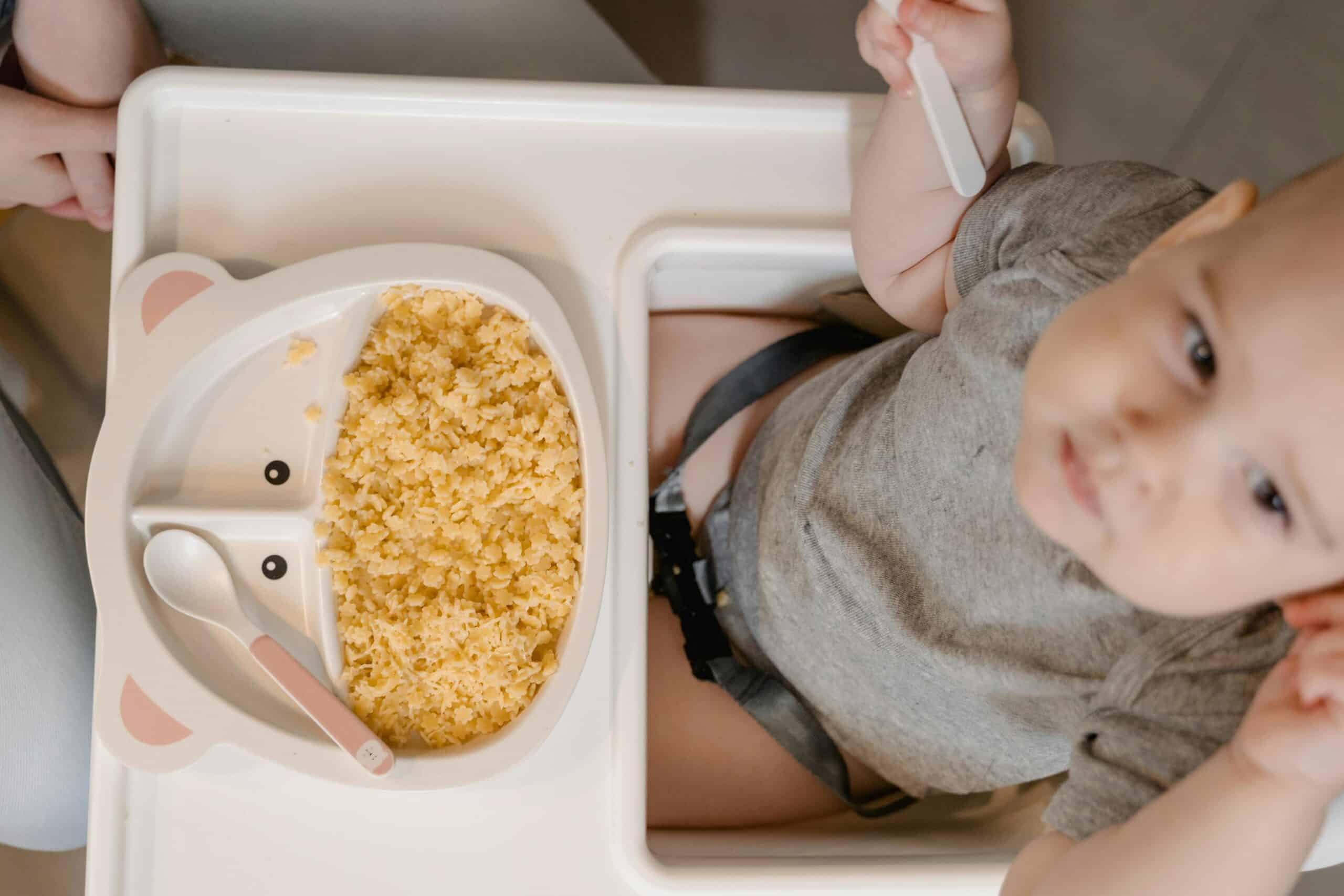
Proper nutrition during the first 1,000 days fuels both physical growth and cognitive development. Breastfeeding and a balanced, nutrient-rich diet provide essential building blocks for a healthy brain and strong body. Children who experience poor nutrition early on face higher risks of developmental delays, weakened immune systems, and learning difficulties. In contrast, those with adequate nourishment are more likely to thrive, both mentally and physically.
4. Immune System Building Blocks
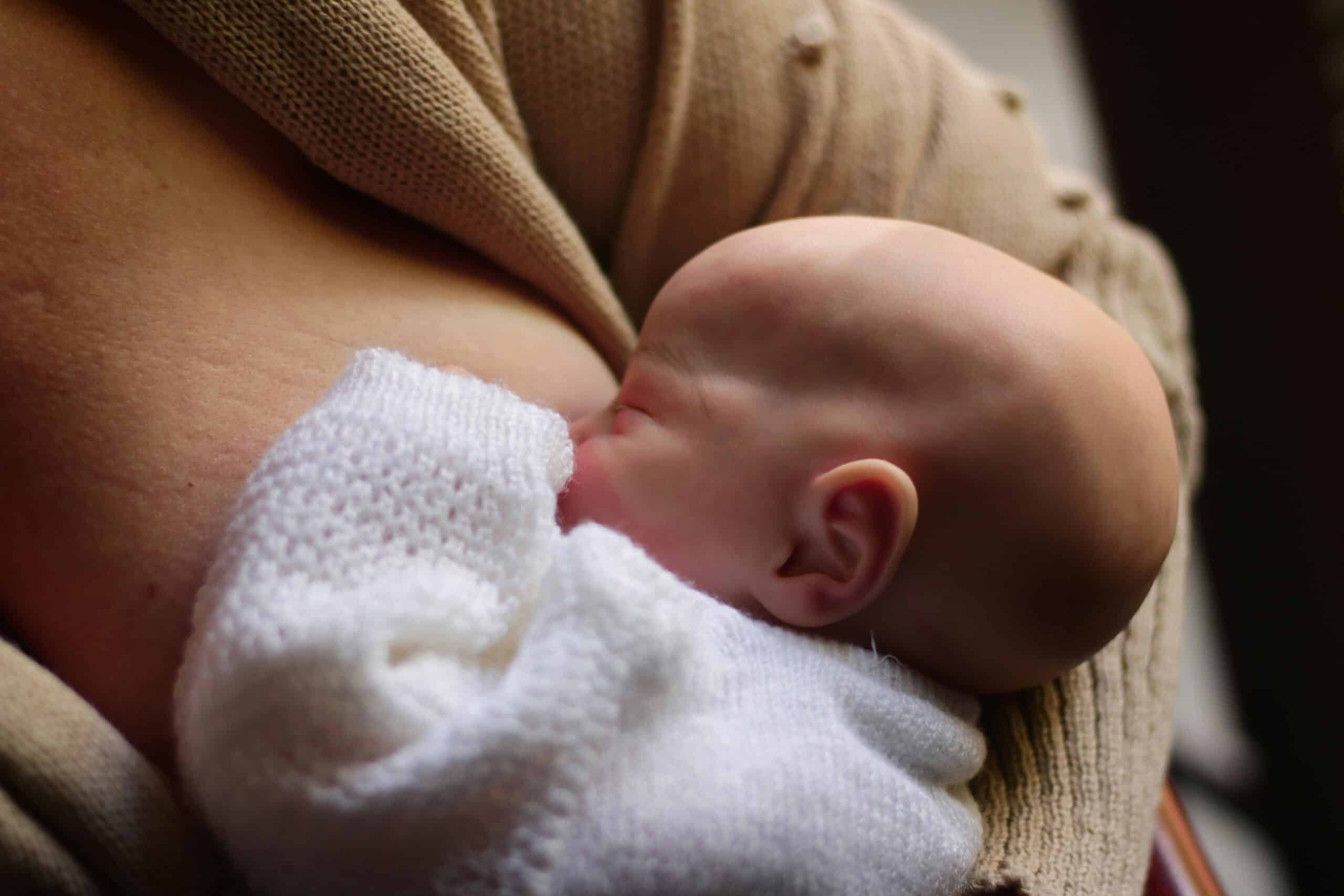
The first 1,000 days are crucial for developing a child’s immune system. Early exposures—like beneficial microbes from birth and breastfeeding—help program immune responses and build resilience to infections. Breast milk contains antibodies that protect against illness, while timely vaccinations offer vital defense against dangerous diseases. These early interventions set the stage for lifelong immunity and healthier outcomes.
5. Language Acquisition Windows
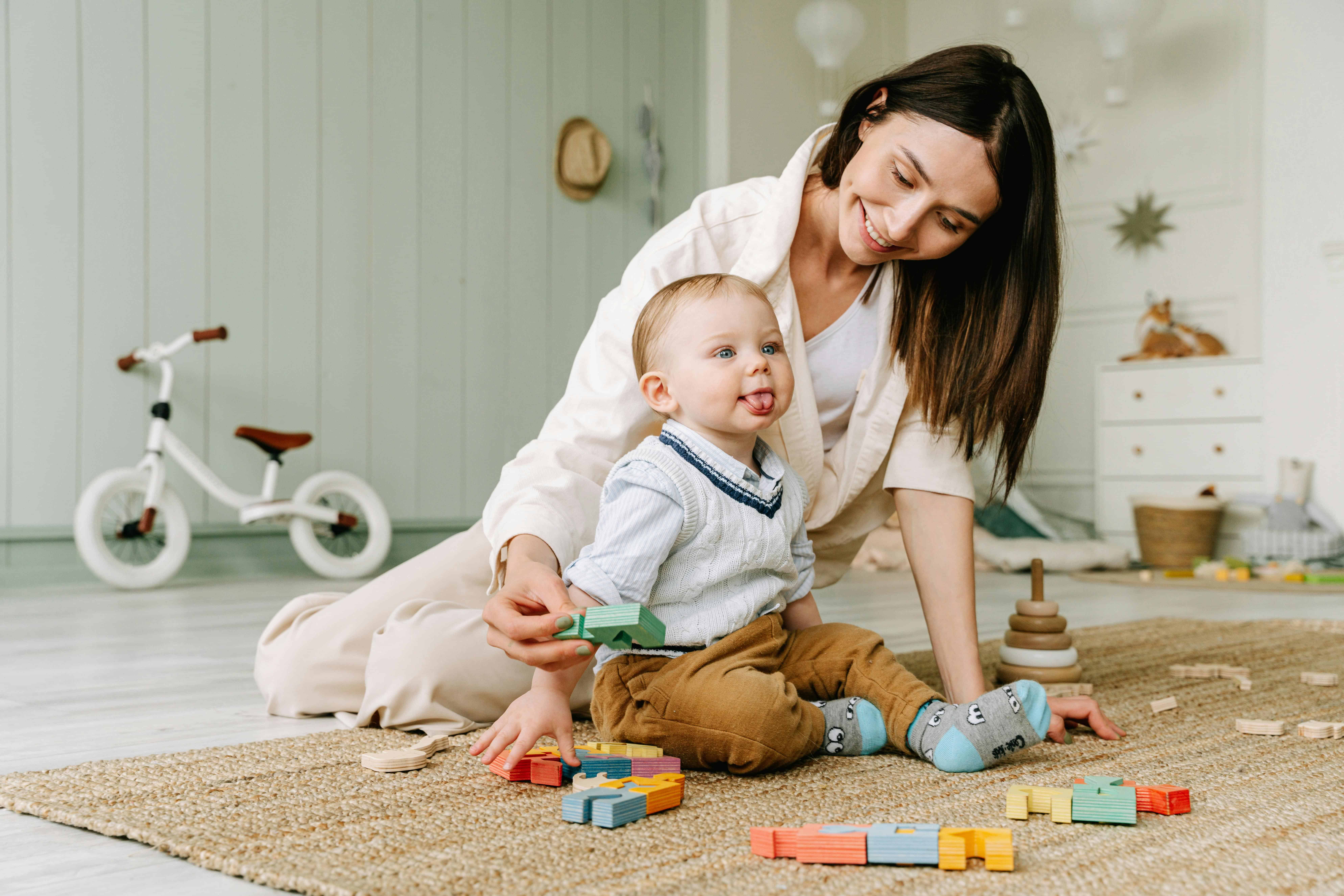
The first 1,000 days are a prime window for language development. Babies immersed in rich, interactive language environments—filled with talking, singing, and reading—develop larger vocabularies and stronger communication skills. Exposure during this critical period shapes brain structures responsible for language, making early interactions especially powerful. In contrast, children who experience limited language exposure often face challenges catching up later, even with extra support.
6. Social Skills Start Early

Simple interactions—like playing peekaboo or sharing smiles—are more than just fun; they lay the foundation for empathy, cooperation, and friendship. These early social experiences help children learn how to read emotions, take turns, and build trust.
Nurturing these skills in the first 1,000 days greatly increases the likelihood of positive social relationships and smoother interactions in school and later life.
7. Physical Growth Spurts
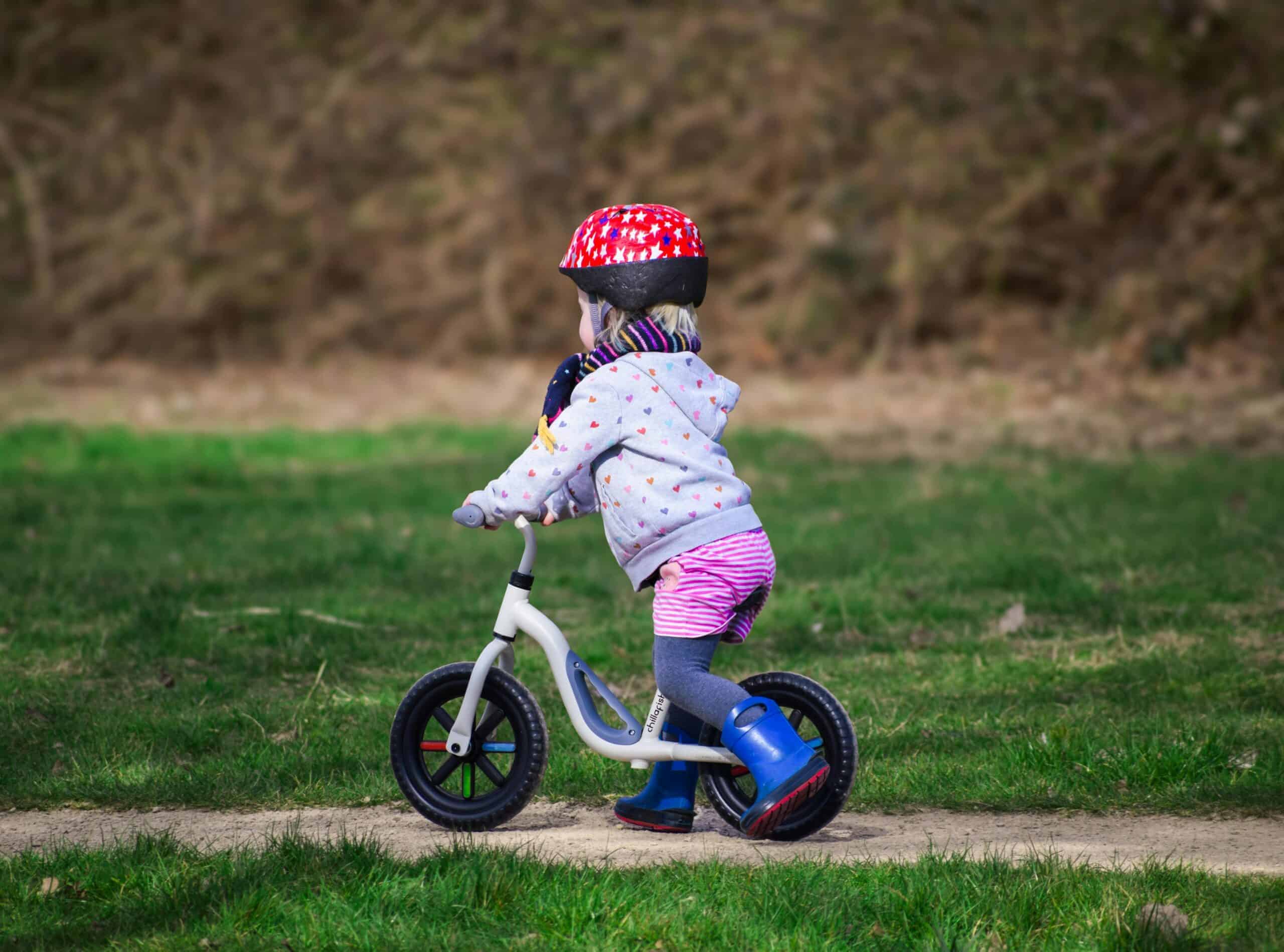
The first 1,000 days are marked by remarkable physical growth. Babies nearly triple their birth weight and greatly increase in length, setting the stage for future strength, coordination, and health. Early achievement of physical milestones—like crawling and walking—predicts better motor skills and overall well-being. Conversely, delayed growth and missed milestones can signal underlying health or developmental issues.
8. Building Healthy Habits
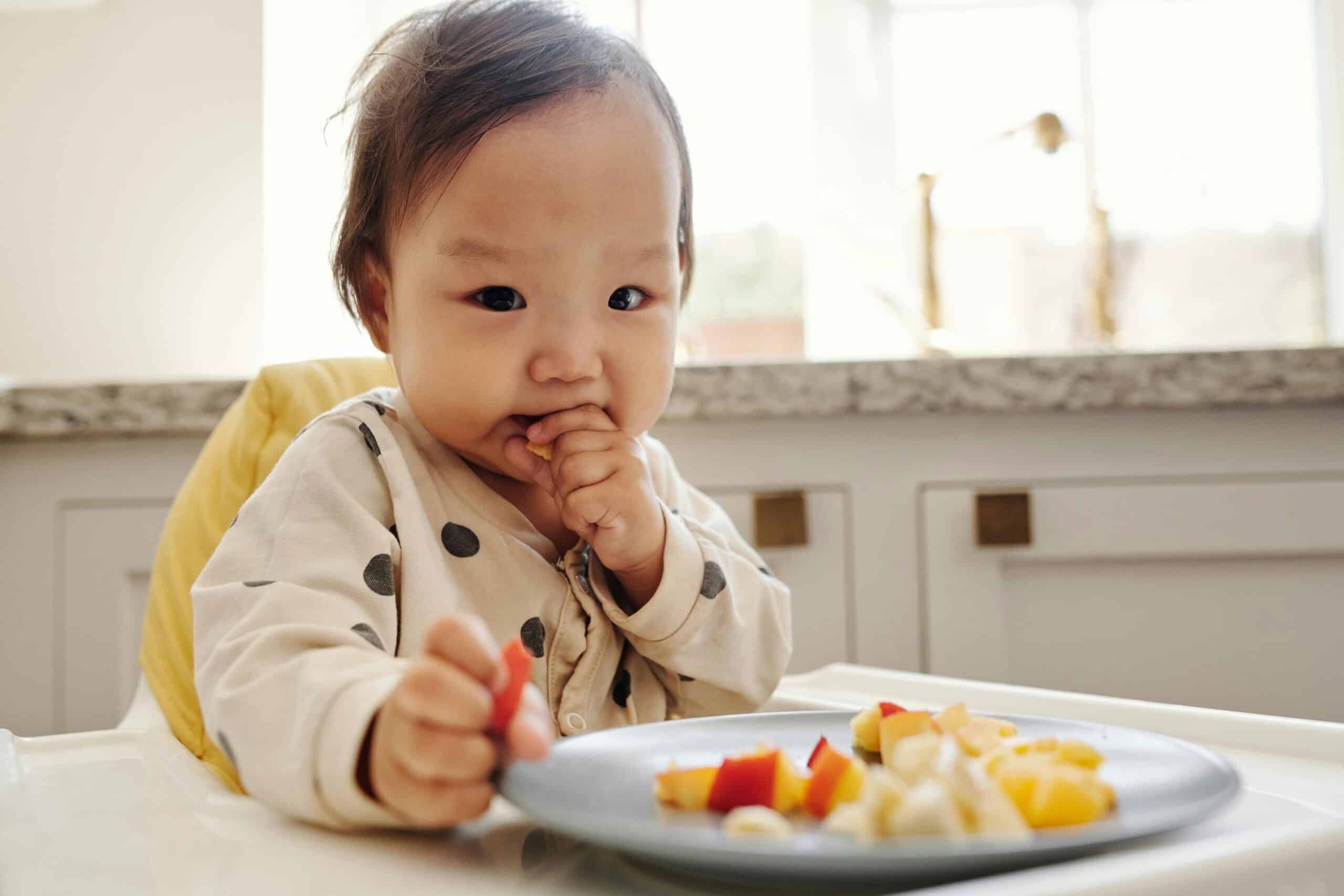
The routines established in the first 1,000 days—like regular sleep schedules, healthy eating, and good hygiene—create a blueprint for lifelong habits. Consistent routines provide security and help children learn self-care and responsibility. Children who start with strong daily habits are more likely to maintain healthy lifestyles as they grow.
9. Preventing Chronic Disease

The first 1,000 days play a key role in reducing lifelong risk of chronic diseases such as obesity, diabetes, and heart disease. Early nutrition, a safe environment, and healthy routines can help prevent these conditions. For instance, breastfeeding and balanced diets lower obesity risk, while avoiding exposure to tobacco smoke and environmental toxins protects developing organs. These early prevention strategies shape healthier futures.
10. Early Detection of Challenges

Developmental screenings during the first 1,000 days are essential for spotting potential concerns—like speech delays, hearing problems, or motor difficulties—at the earliest opportunity. Timely identification means children can receive interventions and support when their brains are most adaptable. Early action leads to significantly better outcomes for learning, behavior, and health.
11. Shaping Sleep Patterns

Establishing healthy sleep routines in the first 1,000 days helps children develop better attention spans, mood regulation, and lifelong sleep habits. Infants with regular sleep schedules tend to be more alert and emotionally balanced. In contrast, inconsistent sleep can lead to irritability and difficulties with learning and behavior.
12. Setting Up Motor Skills

Early movement activities like tummy time, crawling, and grasping are vital for developing both fine and gross motor skills. These milestones in the first 1,000 days lay the foundation for later coordination, balance, and even athletic ability. Children who reach early movement milestones are more likely to excel in physical activities and daily tasks as they grow.
13. Stress Response and Resilience

The way a child experiences and responds to stress in the first 1,000 days can shape their lifelong resilience. Supportive environments—where caregivers comfort and help children manage small frustrations—teach healthy stress responses. In contrast, chronic or severe stress from neglect or trauma can disrupt brain development and weaken coping abilities. Nurturing care builds emotional strength, while adverse experiences can have lasting effects.
14. Learning Through Play
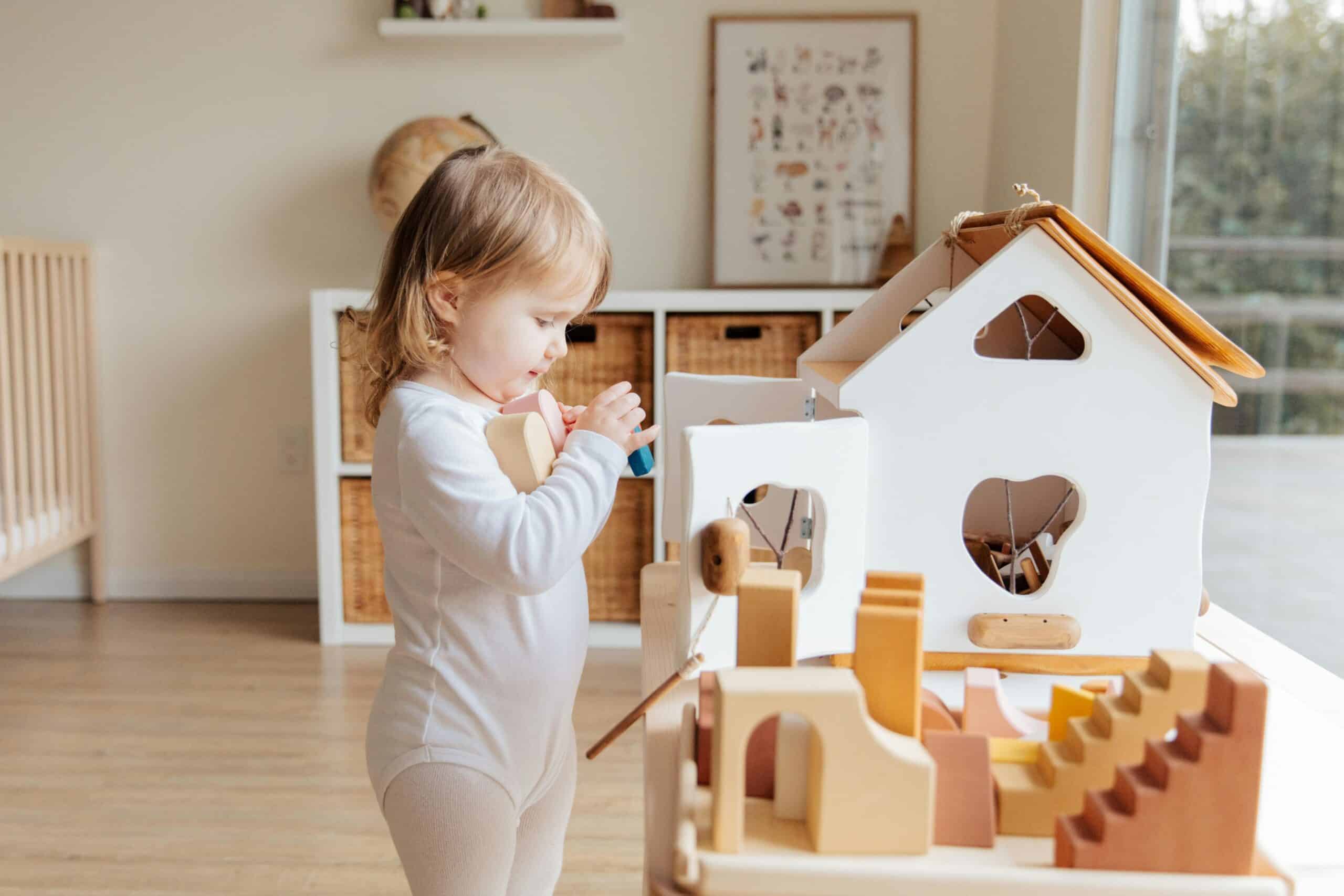
Play is a child’s natural classroom in the first 1,000 days, sparking curiosity, creativity, and problem-solving. Activities like stacking blocks, exploring textures, or making music encourage cognitive growth and social skills. Simple, age-appropriate play supports language, memory, and logical thinking. These playful moments lay the groundwork for a love of learning.
15. Forming Family and Cultural Identity

The first 1,000 days are also when children begin to absorb family traditions, languages, and core values. Whether it’s celebrating holidays, sharing stories, or speaking a heritage language at home, these experiences build a sense of identity and belonging. Children raised in culturally rich environments tend to have stronger self-esteem and appreciation for diversity.
Conclusion

The first 1,000 days are truly a once-in-a-lifetime opportunity to set the course for your child’s health, happiness, and success. From brain and emotional development to healthy habits, nutrition, and cultural identity, every small action during this window can have a lasting impact. By paying close attention to these foundational years, parents and caregivers can help children thrive for life. Proactive support today becomes a legacy for tomorrow.
.article-content-img img { width: 100% }




